In a move that would be bad parody were it not so real and disturbing, the Florida Department of Education announced last week that it was banning a high percentage of math textbooks from next year’s curriculum, claiming that some 41 percent of them do not comply with the state’s updated requirements. Specifically, the Department stated the banned textbooks included “references to Critical Race Theory (CRT), inclusions of Common Core, and the unsolicited addition of Social Emotional Learning (SEL) in mathematics.”
The largest affected group of textbooks are for grades K-5, where the Department claimed an “alarming” 71 percent of the books were not properly aligned with Florida standards or otherwise included prohibited topics. The Florida Education Commissioner even accused publishers of trying to “indoctrinate students.” Initially, there was no breakdown of which textbooks were banned for which reasons. But the Department, under pressure, later gave four examples of lessons it considers “unacceptable.”
None of the examples provided have anything to do with the “race essentialism” that the far-right claims with respect to CRT. While arguments and bans over CRT make headlines (and are often used to spook white parents into falsely believing kids are being taught that they or their country are inherently racist), even less is understood about the two other claimed bases for the textbook bans—Common Core and Social Emotional Learning. There is, however, a common theme of critical analysis that connects these other banned educational concepts to CRT, one which we need to understand as further textbook bans take hold.
Florida’s Rejection of Common Core
While presently Gov. DeSantis rails against the evils of the Common Core State Standards (CCSS), that initiative was actually introduced and sponsored over a decade ago by the National Governors Association, which included then-Florida Governor Jeb Bush. The goal was to establish consistent educational practices and standards, including in mathematics, to better prepare kids for higher education or the workforce. The concern was that U.S. students were falling well behind their international counterparts in areas like reading comprehension and math. In mathematics instruction, CCSS proposed greater focus and coherence in the curriculum, which was considered “a mile wide and an inch deep” in many parts of the country. Critics of the new program said CCSS amounted to an attempt to establish national standards for education, and a number of more conservative states declined to implement it.
CCSS proposed new standards for mathematical practice. On their surface, the standards are unremarkable, but they do seek to enhance the value of critical thinking over rote learning. It is perhaps for that very reason so many conservatives disfavor them. For mathematical practice, there are eight standards:
- Make sense of problems and persevere in solving them.
- Reason abstractly and quantitatively.
- Construct viable arguments and critique the reasoning of others.
- Model with mathematics.
- Use appropriate tools strategically.
- Attend to precision.
- Look for and make use of structure.
- Look for and express regularity in repeated reasoning.
In 2019, Gov. DeSantis issued an executive order to rid the state of CCSS and set it on a course to “return to the basics of reading, writing and arithmetic.” Florida decided to proceed with its own set of standards known rather awkwardly and un-ironically as the “Benchmarks for Excellent Student Thinking” (B.E.S.T.) standards. Proponents of the switch to B.E.S.T. argued that CCSS’s emphasis on logic and strategy in mathematics—what the Florida Education Commissioner derided as “crazy math”—confused parents who were trying to help their kids at home.
But a 2020 study by the Fordham Institute found that the results for B.E.S.T. were “disappointing” and that the shift in proposed standards was overall “weak.” For math in particular, the standards “downplay conceptual understanding relative to procedural fluency, which could lead to students who are ill prepared to transfer what they are able to do into other contexts.” In other words, B.E.S.T. stays focused on the mechanics of math without delving into concepts and context. (The study also noted that the “math standards also contained multiple technical errors.”)
By 2022 Florida had abandoned CCSS entirely in favor of the B.E.S.T. standards. The newest move by Gov. DeSantis’s administration to ban non-compliant textbooks (presumably, those that emphasize conceptual understanding over process and the basics) seeks to cement that departure. It is unclear how the Department determined that certain math textbooks veered too far into the CCSS realm of critical thinking and real-world application versus “the basics,” but the move will likely send a chill through educational publishers. That could, in fact, be the whole point of such an aggressive ban. The rejection of so many texts, together with the economic blow to publishers that accompanies it, may cause publishers to steer far clearer of anything that suggests analysis, modeling, and critique over the rudimentary and rote elements of math.
Social Emotional Learning
Gov. DeSantis and the Florida Department of Education also publicly took on the theory and practices of “Social Emotional Learning.” SEL is part of a general effort to get kids to understand why they are learning things in the first place, answering the common question, “This is stupid, why are we learning it?” It hopes to teach kids about their emotions so they gain competencies in interpersonal skills. Its five core goals include the following:
- Self-awareness
- Self-management
- Social awareness
- Relationship skills
- Making responsible decisions
If these goals also feel fine on their surface, the former president (and current de facto leader of the GOP) is widely perceived at valuing none of them. Indeed, the current “cultural divide” over things like mask and vaccine mandates, gun violence prevention, and public accountability for bad behavior falls squarely along these competencies. Certain segments of society might feel particularly threatened by implications that they are lacking in any of these areas. Predictably, many have instead sought to turn those deficiencies into personal virtues, a kind of perverse “screw you” identity built on ego, grievance, and resentment. Seen in this light, SEL in the schools poses a threat to their way of living, even while presenting an easy target for their derision.
What’s less intuitive is how SEL and mathematics might intersect in a textbook. The CCSS Standards for Mathematical Practice (SMP) specify, for example, that students should solve real-world and mathematical problems by working effectively with their peers rather than just memorizing formulas and equations in the abstract. As one paper explained,
“SMP 1 requires that students “Make sense of problems and persevere in solving them.” Mathematically proficient students “...understand the approaches of others to solving complex problems and identify correspondences between different approaches.” To effectively engage in this practice, students must be able to stay calm when facing a challenging problem (self-management), recognize when they lack the knowledge to solve a problem (self-awareness), effectively solicit help from others (relationship skills), and learn from others how they solve problems (social awareness).
While to many liberals and progressives this seems like good common sense, it is this kind of “social and emotional” overlay that has conservative Florida politicians like Gov. DeSantis steamed. After all, to them mathematics should be about numbers, not touchy-feely, cooperative problem solving.
The Right’s Real Problem with Critical Thinking
The culture wars ignited by the right have now reached into hitherto uncontroversial subjects such as mathematics, and they intend to shake up the very way kids are taught anything at all. This begins with the very basic question of what values we as a society believe ought to be imparted to children and what skills are necessary for success. For the extreme right, critical thinking (whether it’s about history, race, or math) is dangerous and strongly disfavored because it comes with inevitable questioning of authority. So-called “social learning” will also be anathema to the far-right, which places individual autonomy far above the needs of society.
The philosopher Umberto Eco wrote a seminal piece in 1995 for the New York Review of Books called “Ur-Fascism” that speaks directly to this. In it, he provided his thoughts on 14 hallmarks of fascism. Among these identifying characteristics, he said this about critical thinking:
“No syncretistic faith can withstand analytical criticism. The critical spirit makes distinctions, and to distinguish is a sign of modernism. In modern culture the scientific community praises disagreement as a way to improve knowledge. For Ur-Fascism, disagreement is treason.”
Eco would likely look upon these recent moves by Gov. DeSantis as a kind of proto-fascism. His administration is wary of anything that might give ordinary people the tools to challenge authority and the skills to work together in cooperation, perhaps even against the aims of the state. And it would be wrong in Eco’s view to dismiss what is happening in Florida (and in book bannings across the country) as mere right-wing hysteria or simply a way to “own the libs” for headlines to rally the base. In their quest to stamp out critical thought and any challenge to the prevailing authority, the impulses behind such book bans go far deeper. They are felt so viscerally and powerfully by the far-right that not even math textbooks urging critical analysis may be spared their axe.

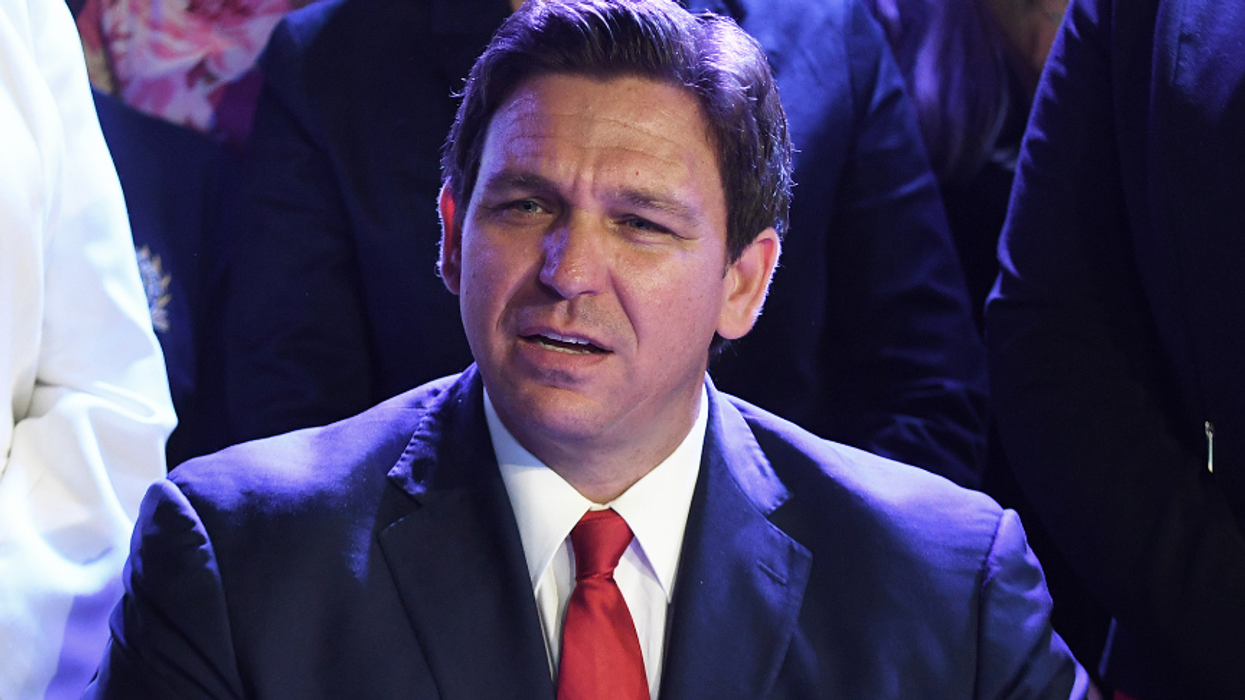









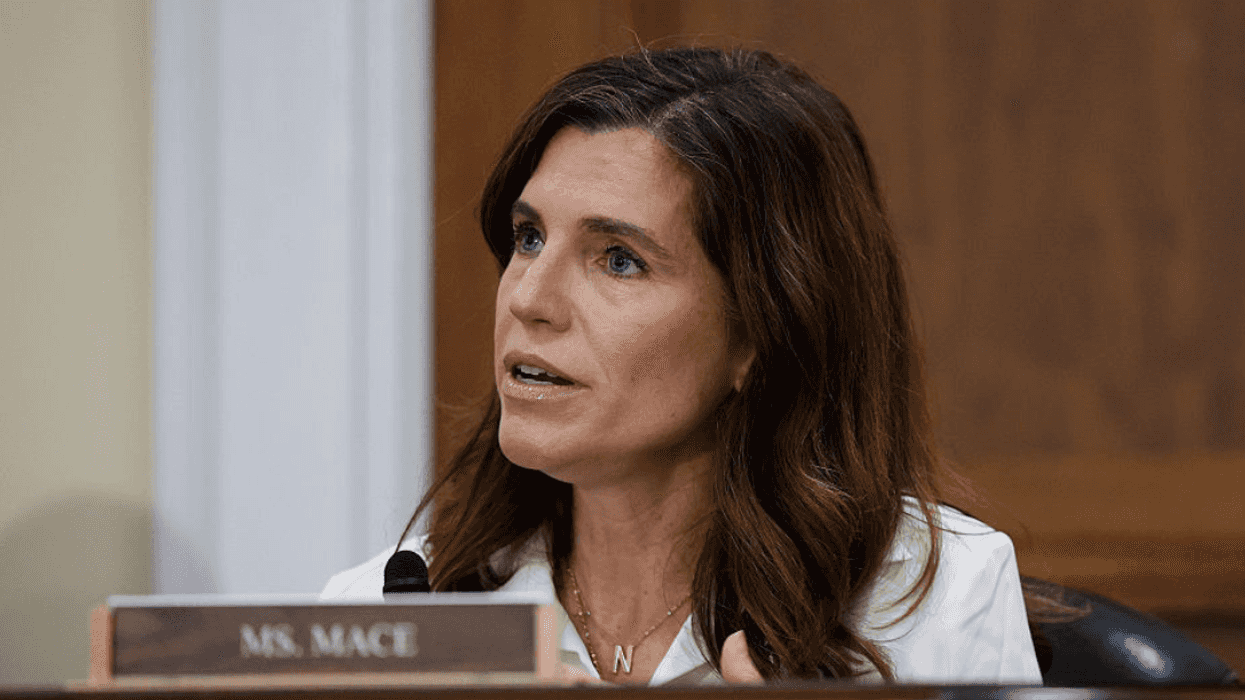


 Awkward Pena GIF by Luis Ricardo
Awkward Pena GIF by Luis Ricardo  Community Facebook GIF by Social Media Tools
Community Facebook GIF by Social Media Tools  Angry Good News GIF
Angry Good News GIF 
 Angry Cry Baby GIF by Maryanne Chisholm - MCArtist
Angry Cry Baby GIF by Maryanne Chisholm - MCArtist 
 @adriana.kms/TikTok
@adriana.kms/TikTok @mossmouse/TikTok
@mossmouse/TikTok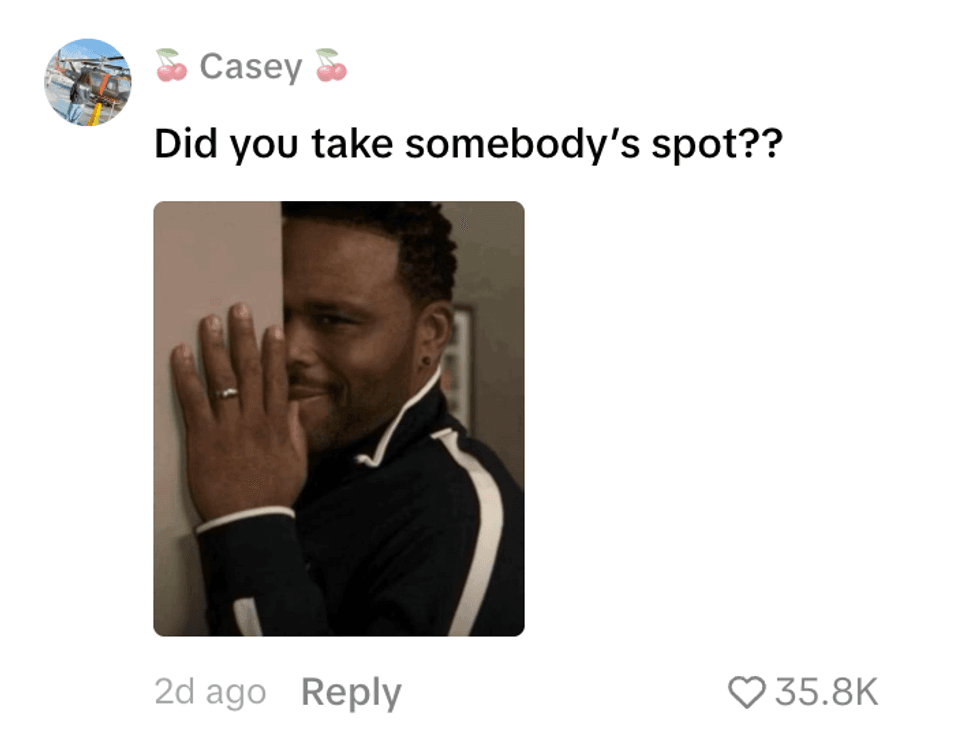 @im.key05/TikTok
@im.key05/TikTok @biontrtwff101/TikTok
@biontrtwff101/TikTok @likebrifr/TikTok
@likebrifr/TikTok @itsashrashel/TikTok
@itsashrashel/TikTok @ur_not_natalie/TikTok
@ur_not_natalie/TikTok @rbaileyrobertson/TikTok
@rbaileyrobertson/TikTok @xo.promisenat20/TikTok
@xo.promisenat20/TikTok @weelittlelandonorris/TikTok
@weelittlelandonorris/TikTok @katiebullit/TikTok
@katiebullit/TikTok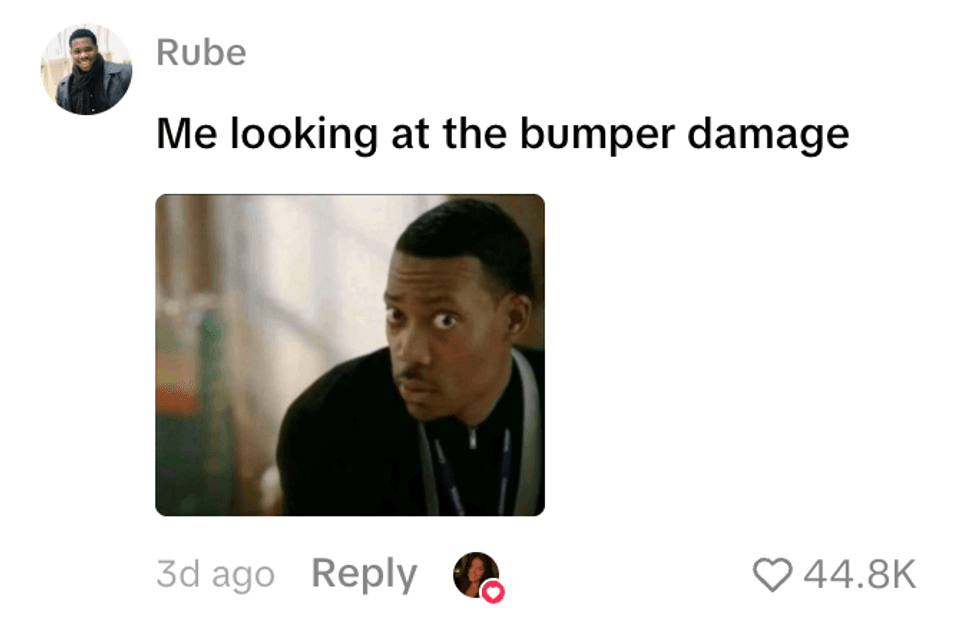 @rube59815/TikTok
@rube59815/TikTok
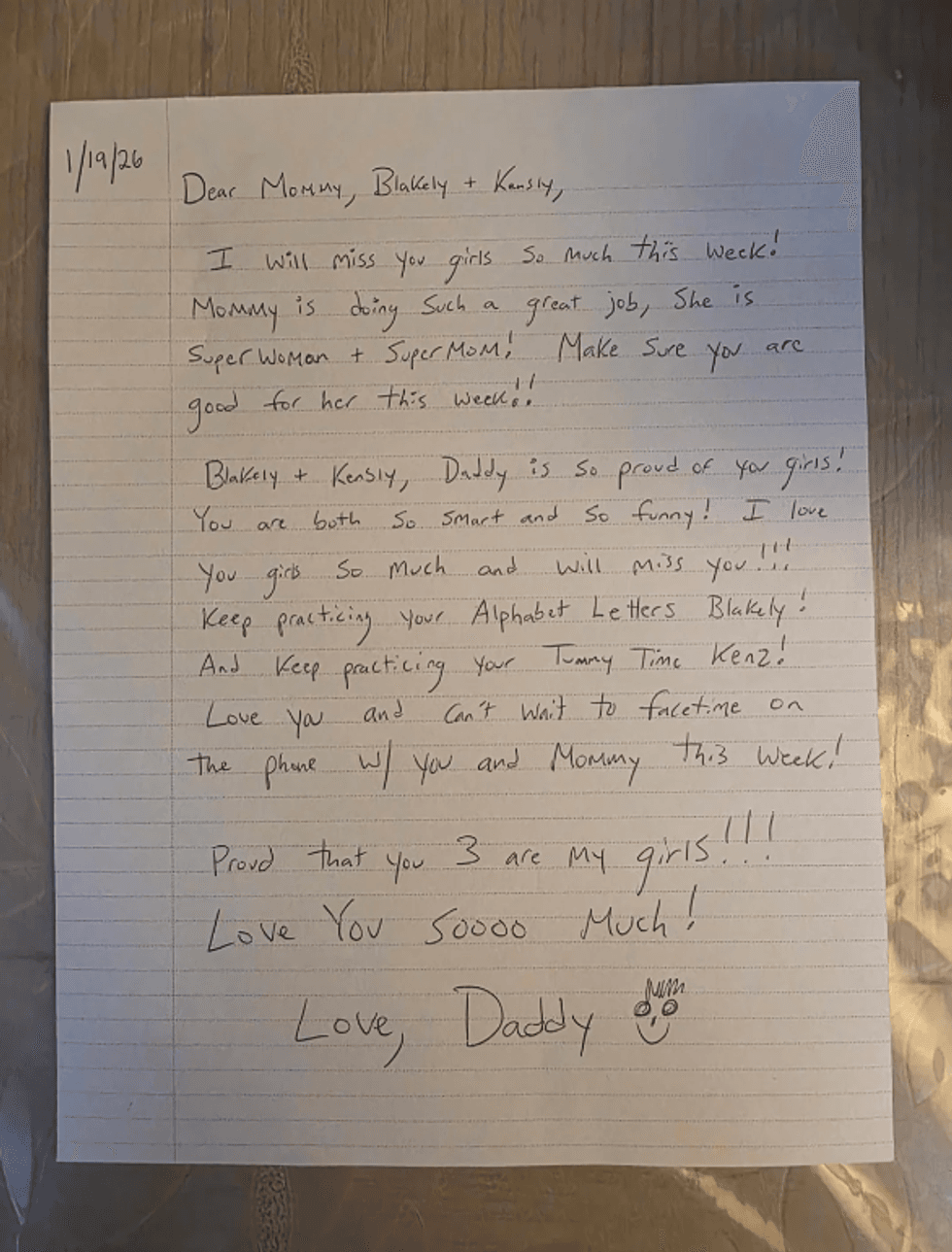 u/Fit_Bowl_7313/Reddit
u/Fit_Bowl_7313/Reddit